These reflections are a result of more than 40 years of ministry as a Roman Catholic priest. Most of these years I spent in the Diocese of Charlotte which covers Western North Carolina. Now I am retired, and live in Medellín, Colombia where I continue to serve as a priest in the Archdiocese of Medellín.
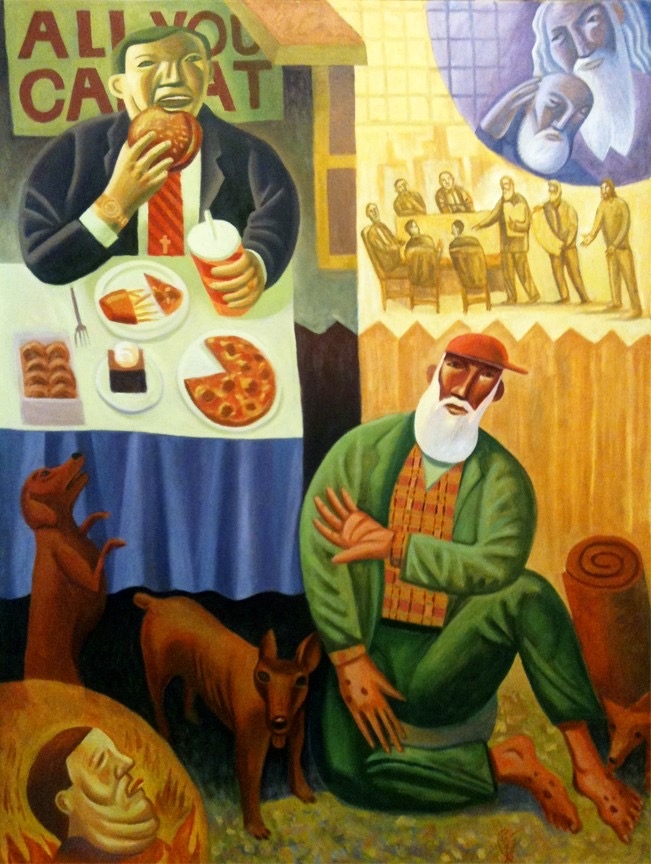
Jesus said to the Pharisees: "There was a rich man who dressed in purple garments and fine linen and dined sumptuously each day. And lying at his door was a poor man named Lazarus, covered with sores, who would gladly have eaten his fill of the scraps that fell from the rich man's table. Dogs even used to come and lick his sores. (Lk 16:19-31)
https://bible.usccb.org/bible/readings/030923.cfm
The Parable of Lazarus and the Rich Man has been confusing for some because of the name Lazarus and because the story is actually a parable. The Lazarus of the parable is NOT the Lazarus of Bethany who is the brother of Martha and her sister Mary. During the Middle Ages, folks confused the Lazarus of the parable, who is covered with sores, as a leper, and so “Saint Lazarus” became the patron saint of lepers, leprosaria and lazarettos. In the parable the sin of the rich man is that he never even sees the beggar lying in front of his door.
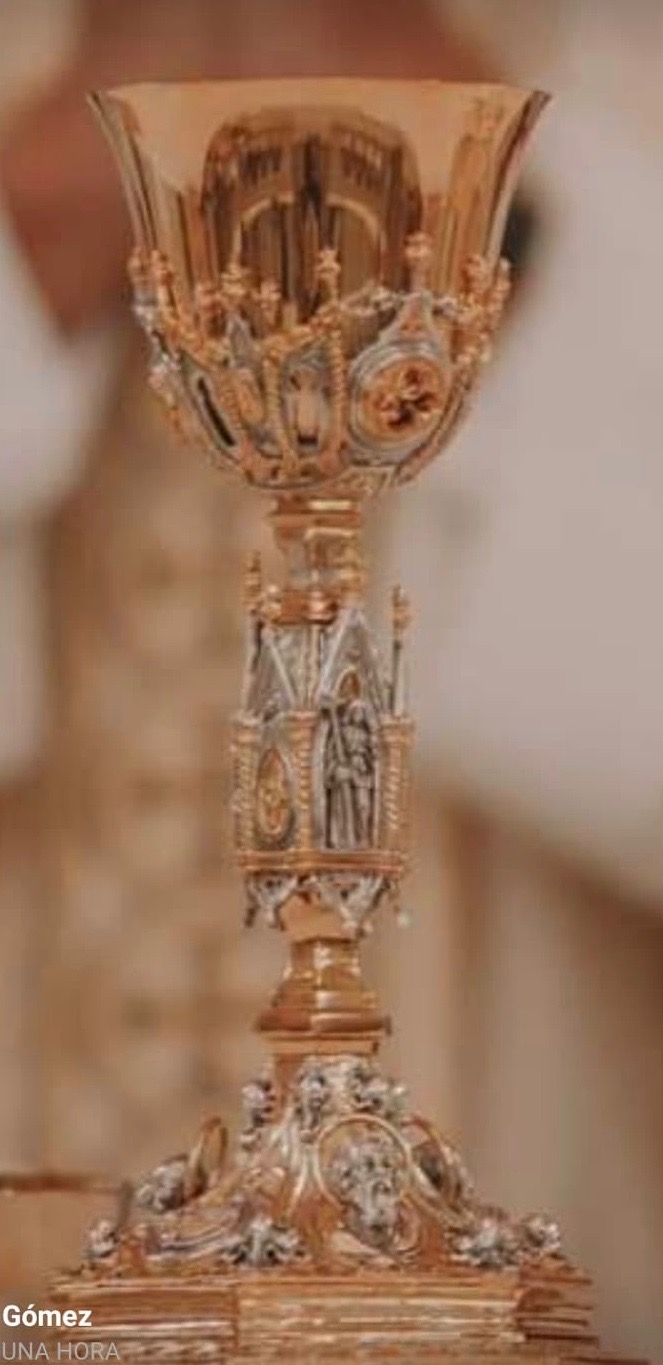
Jesus said in reply, “You do not know what you are asking. Can you drink the chalice that I am going to drink?” They said to him, “We can.” He replied, “My chalice you will indeed drink.” (Mt 20:17-28)
https://bible.usccb.org/bible/readings/030823.cfm
The chalice Jesus is speaking of is the chalice of his suffering. But the audacity of the request to sit at the right and left of Jesus in glory and when Jesus asks, “Can you drink the cup I am going to drink?” the glibness of the response: “Sure, we can!” Then the others get angry with James and John because they didn’t think to ask Jesus first. So the poor Lord has to sit them all down and give them “a learning” as we say in the South.
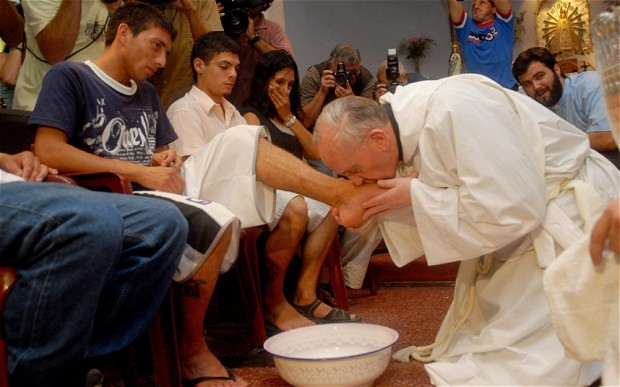
The greatest among you must be your servant. (Mt 23:1-12)
https://bible.usccb.org/bible/readings/030723.cfm
True greatness in the church has always been defined in terms of service, not in terms of apostolic power. The most cherished title of the Bishop of Rome is “Servant of the Servants of God.” As Jesus said, “The Son of Man came not to be served but to serve and to give his life as a ransom for many.”
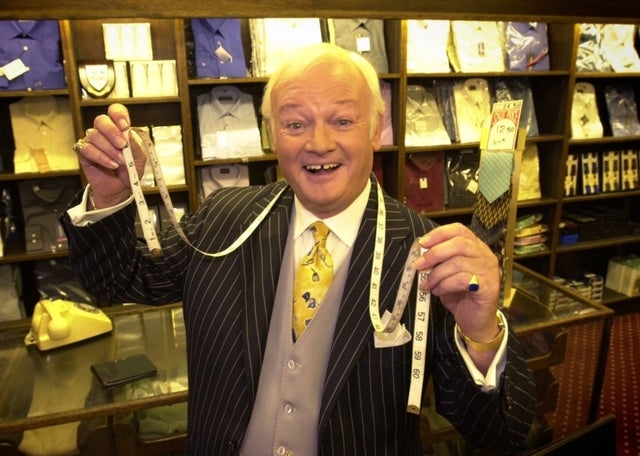
Jesus said to his disciples: "Stop judging and you will not be judged. Stop condemning and you will not be condemned. Forgive and you will be forgiven.
Give and gifts will be given to you. For the measure with which you measure will in return be measured out to you." (Lk 6:36-38)
https://bible.usccb.org/bible/readings/030623.cfm
This is one of those Bible passages that we hear and then completely disregard. But Lent gives us another opportunity to hear what the Lord is saying to us and perhaps this time to put it into practice.
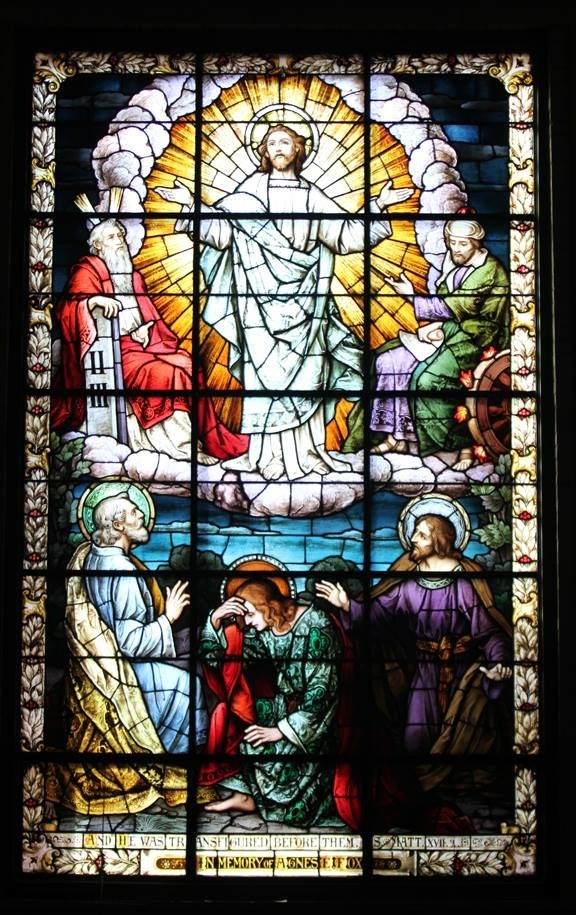
Beloved: Bear your share of hardship for the gospel with the strength that comes from God. (2 Tim 1:8b-10)
https://bible.usccb.org/bible/readings/030523.cfm
The Transfiguration of the Lord, which is the gospel for this Second Sunday of Lent, is part of that “strength that comes from God” not just for Peter, James, and John, but for all of us on this Lenten journey to the Easter that never ends.



